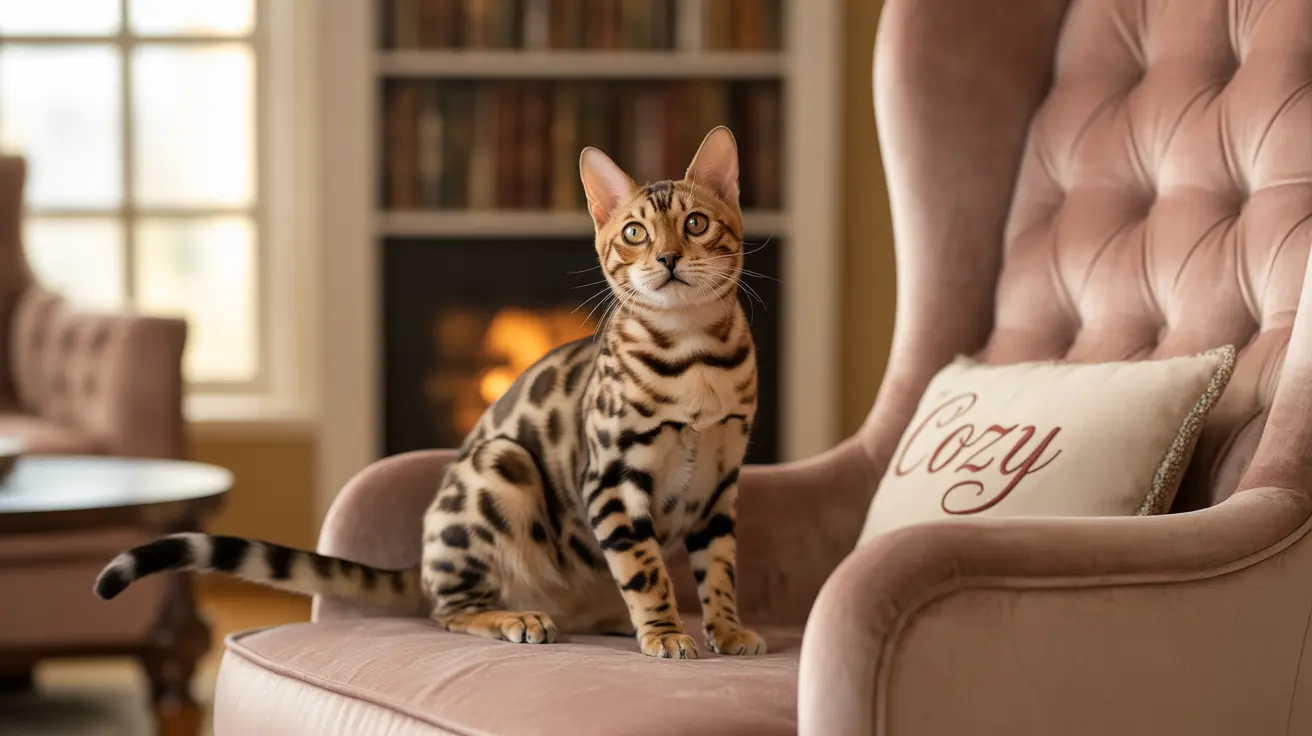If you've ever wondered whether cats get tired of meowing, the answer isn't as straightforward as you might think. While cats don't typically experience physical exhaustion from meowing, their vocalization patterns are influenced by various factors including motivation, health, and learned behaviors. Let's explore the fascinating world of feline communication and understand what drives our cats to be vocal.
The Science Behind Cat Meowing
Cats have evolved to use meowing primarily as a means of communicating with humans, not other cats. This unique vocalization developed through domestication, with adult cats essentially maintaining kitten-like behavior to interact with their human caregivers. Research shows that cats can produce dozens of distinct meow variations, each serving different purposes.
Why Do Cats Meow Persistently?
Communication Needs
Cats meow to express various needs and emotions, including hunger, desire for attention, or discomfort. Some cats become particularly vocal during feeding times or when seeking interaction with their owners. This behavior is often reinforced through positive responses from their human companions.
Medical Considerations
Excessive meowing can sometimes indicate underlying health issues. Conditions such as hyperthyroidism, cognitive dysfunction, or chronic pain may cause increased vocalization. Senior cats, in particular, may become more vocal due to age-related changes or medical conditions.
Breed-Specific Vocal Tendencies
Some cat breeds are naturally more talkative than others. Siamese cats, for instance, are famous for their loud and frequent vocalizations. Oriental Shorthairs and Bengals also tend to be more vocal, seeming to have an endless capacity for "conversation" with their owners.
The Role of Learning and Reinforcement
Cats quickly learn which vocalizations get results. If meowing successfully attracts attention, food, or desired outcomes, cats will continue the behavior. Conversely, if meowing goes unrewarded, many cats will eventually reduce their vocal attempts, though this varies by individual personality and circumstance.
Managing Excessive Meowing
Addressing persistent meowing requires understanding its root cause. Establishing consistent feeding schedules, providing environmental enrichment, and ensuring all basic needs are met can help reduce excessive vocalization. In cases of attention-seeking behavior, it's important to avoid reinforcing unwanted meowing by only responding when the cat is quiet.
Frequently Asked Questions
Why do cats meow so much and can they get tired of meowing?
Cats meow to communicate various needs and emotions. While they don't typically get physically tired from meowing, they may stop if their needs are met or they learn the behavior isn't achieving their desired outcome.
How can I tell if my cat's meowing is due to medical issues or just attention-seeking?
Medical-related meowing often comes with other symptoms like changes in appetite, weight, or behavior. Attention-seeking meowing typically occurs when the cat is otherwise healthy and often increases when owners are present or during routine activities like feeding times.
What are effective ways to reduce my cat's excessive meowing without rewarding it?
Establish consistent feeding schedules, provide environmental enrichment, ignore attention-seeking meows, and only reward quiet behavior. Ensure all basic needs are met and consult a veterinarian to rule out medical issues.
Which cat breeds are known for being more vocal or persistent meowers?
Siamese, Oriental Shorthair, Bengal, and Burmese cats are known for being particularly vocal breeds. These cats often maintain their vocal nature throughout their lives.
Why does my senior cat meow more at night and how can I help them?
Increased nighttime meowing in senior cats can be due to cognitive dysfunction, anxiety, or disorientation. Maintaining a consistent routine, providing evening enrichment activities, and consulting with a veterinarian can help address this behavior.
Conclusion
While cats don't physically tire from meowing, their vocalization patterns are shaped by complex factors including health, breed characteristics, and learned behaviors. Understanding these elements helps owners better respond to their cats' needs and manage excessive vocalization effectively. If you're concerned about your cat's meowing, always consult with a veterinarian to rule out medical issues before addressing behavioral causes.






